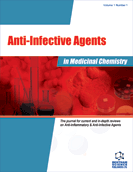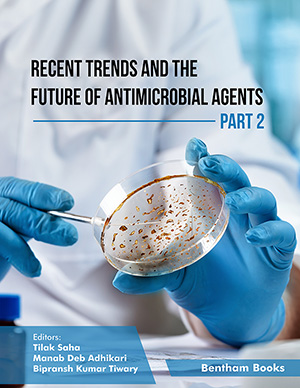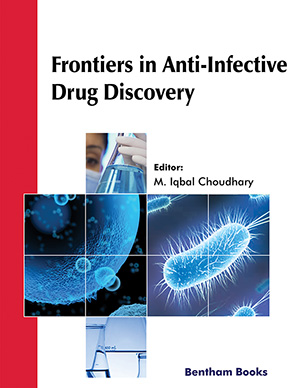Abstract
Nonribosomally synthesized peptides constitute a large class of highly diverse natural products, which play an important role in modern medicine. The biological activity of these complex compounds ranges from antibiotics to immunosuppressives, cytostatics to cytotoxics, a fact that makes them attractive scaffolds for drug leads. In more recent years, chemoenzymatic strategies were developed allowing the synthesis and derivatization of several highly important peptide antibiotics, such as the vancomycin-type glycopeptide antibiotics, the family of acidic lipopeptides, as well as streptogramin B compounds. This review gives an overview of both the principles of nonribosomal peptide synthesis as well as its associated tailoring enzymes and the compounds these methods produce.
Keywords: Nonribosomal peptide synthetases, antibiotics, daptomycin, lipopeptides, streptogramins, peptide cyclases, tailoring enzymes, dynamic kinetic resolution
 7
7





















